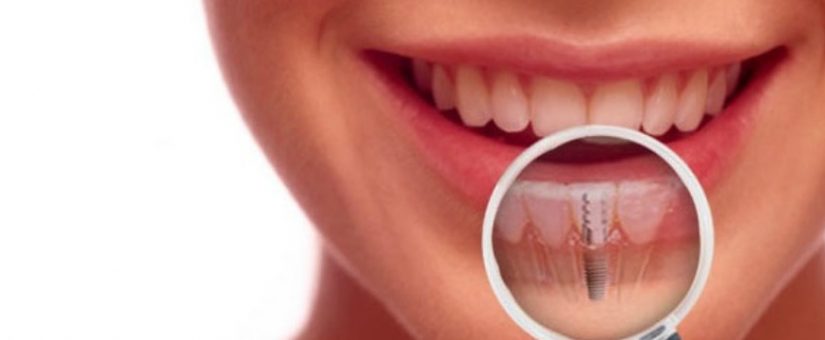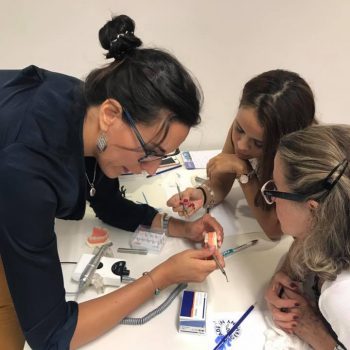
FAQs RELATED TO DENTAL IMPLANT TREATMENT, PART IV
- On September 13, 2017
- dental clinic, dental implant, implantology
As I mentioned in previous deliveries, which can be consulted at https://www.lgdental.es/en/the-most-frequent-questions-that-patients-ask-before-dental-implant-treatment/, there are both material options and solutions for the replacement of a lost tooth. One of them are dental implants, pieces of titanium used to replace the root of a missing tooth and whose success rate has proven to be the highest and longest. In that sense and since I told you about the advantages of an implant treatment, I also want to discuss the risks or possible inconveniences that can occur in this type of oral surgery and how they can be avoided.
On this occasion, the 4th one of a series of eight publications, I provide you with Patientbooklets’ questions 21 – 30, a booklet edited by the EAO that gathers 56 frequently asked questions among patients who will face implant treatments. It is very important to keep in mind that however enlightening the answers of the Patientbooklets may be, they will never replace the criteria of a specialist in Dentistry who knows your particular case, so it is always better to consult with the dentist.
- What are peri-implant diseases?
Peri-implant diseases are often compared to periodontal diseases that affect natural teeth. The initial inflammation of the mucosa surrounding a dental implant is termed peri-implant mucositis. If you provide adequate treatment, this inflammation may be reversible. If soft tissue swelling is accompanied by loss of bone around the implant, the condition is termed peri-implantitis. The treatment of this condition must be managed by your dentist and their team.
- Can peri-implant diseases be treated?
Yes, peri-implant diseases can be treated. If there is bone loss in the inflamed site(s), it is often necessary to perform surgical interventions.
- How shall I clean my dental implants?
Dental implants are basically cleaned in the same way as your natural teeth. However, it is particularly important to clean in between the implants or between the remaining teeth and implants. You should use special interdental brushes and dental floss to make this task easier.
- If I am undergoing periodontal treatment, are my dental implants also included?
As with natural teeth, it is important to monitor dental implants and the tissues surrounding them. Periodontal patients have a greater risk of suffering some complications related to their implants, so it is crucial to monitor the tissues around the implants and treat the inflammation if required.
- After getting dental implants, how often shall I visit my dentist to have my teeth cleaned?
Your dentist will schedule a maintenance plan for your individual needs. You will be required an annual check-up as a minimum, but if you have had tooth loss due to periodontitis, you will be assigned with a supportive periodontal therapy every three months.
- May smoking affect my dental implant treatment?
Smoking increases the risk of experiencing complications, just as it increases the risk of periodontitis around natural teeth. It is advisable to quit smoking before undergoing an implant treatment . However, implants can be successfully placed in a high percentage of patients who smoke.

- May smoking affect bone loss around my dental implants and the remaining teeth?
Smoking appears to increase the risk of inflammation and bone loss around implants. Therefore, it is advisable to quit smoking in order to achieve a good oral health and to reduce bone loss both around implants and your natural teeth.
- Am I a suitable candidate for dental implants?
Most people who are in good health conditions or facing controlled, systemic diseases are good candidates for dental implants.
- Can dental implants be contraindicated?
Implants are rarely contraindicated. However, if you are taking specific drugs or being medically compromised, it might not be possible to receive dental implants.
- After the implant is placed, will I experience any pain?
In case of feeling any mild discomfort after surgery, you can soothe it by taking conventional analgesics.

